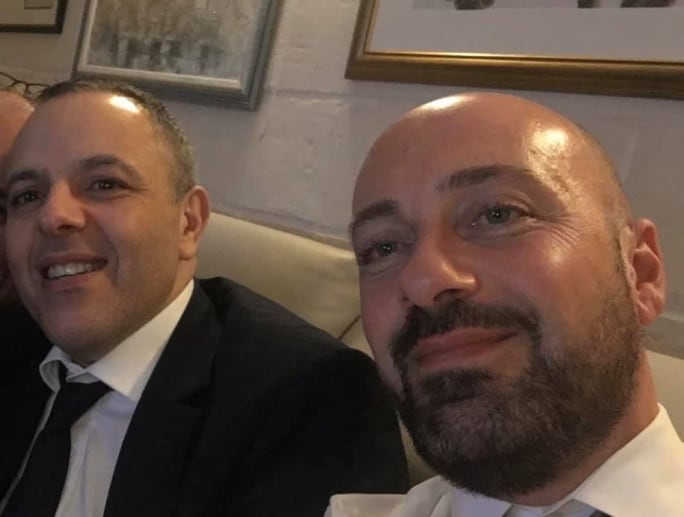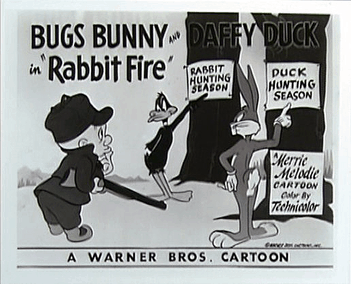Let’s see how Magistrate Charmaine Galea feels about this.
“You better stop your dirty business. If not, we will be stopping you.”
In case of doubt, ‘you’ is ‘you, Magistrate Charmaine Galea’.
Do you feel threatened, ma’am? Or do you think that given the way you have expressed yourself, I have a sacred right to address you according to my convictions?
It is perhaps mildly Solomonic to expect a judge to wear the shoes of a victim before deciding on whether the victim had good reason to be afraid of someone who has told them something that they consider threatening. So here I am, helping her into Nello Scavo’s shoes.
The Magistrate found that Nello Scavo, a journalist based in Como in Italy, cannot really have felt all that threatened by Neville Gafà’s tweet that I am quoting back to her up here. After all, she said, “he waited for the local police to invite him to file a complaint” before actually complaining.

That’s a bit silly though, isn’t it? Because the magistrate herself acknowledges that online threats do not require a victim’s complaint for the police to prosecute. So when and how the victim complained, or even if the victim ever complained at all, is very much beside the point.
If a victim is too scared to complain, immediately or at all, then it does not mean that there has not been a threat. Quite the opposite actually. That is why the police have the power to act on a threat irrespective of what the victim might feel about that action.
The point is Nello Scavo did immediately react and said he felt threatened. The minute Neville Gafà told him “we will be stopping you”, Nello Scavo asked Neville Gafà: “Exactly who is ‘we’?”
Neville Gafà ominously and threateningly remained silent, which is the point when Nello Scavo (and many other people) immediately and publicly interpreted Neville Gafà’s words, spoken and unspoken, as a threat.
Nello Scavo testified to all this but the magistrate ignored him.
She also ignored all the police officers who lined up to the witness stand to tell her that they too saw the tweet, they felt concerned, and they contacted Nello Scavo to ask him if he wanted to complain.
If that is evidence of something, it is evidence of the fact that the police too, objectively and independently of any complaint, judged Neville Gafà’s remarks as threatening. They acted in the manner they did because the police, unlike the magistrate, are perfectly aware of their duty not to allow threats against journalists to pass without consequence. They have noticed that last time they did that Daphne Caruana Galizia was blown up in a car.
Magistrate Charmaine Galea strangely said Neville Gafà “proved that his comments were not intended as a threat”. Proved? How? He didn’t even testify.
All he had told the police was that “we will stop you” was a “political comment”. I’m sorry, what? What political comment? What policy is he commenting on? How could this be anything but a threat?
Magistrate Charmaine Galea: “If one chooses to express themselves in a certain way they must be prepared to accept that others can also express themselves as they deem fit according to their convictions”.
She buys into the ‘freedom of speech’ justification that allows the government to pay Glenn Bedingfield and Jason Micallef to threaten journalists for reporting on the government’s conduct. Because reporting on the government’s conduct, as Daphne Caruana Galizia and Nello Scavo have done, amounts to “expressing oneself in a certain way” as the Magistrate saw it, and it is entirely justified to react to that with the intimidation and bullying such as Neville Gafà’s.
She has licensed Neville Gafà and trolls like him to threaten journalists until they’re blue in the face. There’s no point for any of us to complain because they can rely on the “right” to express themselves in the manner they deem fit in response to criticism of the government and its conduct and anyway, our reporting is “political” so their threats are not really threatening anyway. They’re also “political” and therefore beyond censure.
The magistrate has today ruled that the state must protect the bullies, not the journalists in this country where freedom of expression is not about protecting people’s right to know what journalists reveal about their government but about the government’s right to chill journalists into silence.
I can tell you what the effect of this decision is: it has a chilling effect on journalists reporting on Malta’s government because once again we see our institutions refusing to protect them because of the dangerous work they do.
Nello Scavo said today that this case has given him a closer understanding of the situation in Malta where journalists are made to work in a tense atmosphere and journalism is delegitimised. “I am committed to supporting my courageous Maltese colleagues who continue the work of Daphne Caruana Galizia and fight unceasingly to carry her memory into the future.”
It’s open season on journalists again.
Now, who’s stopping you, Magistrate Galea?
